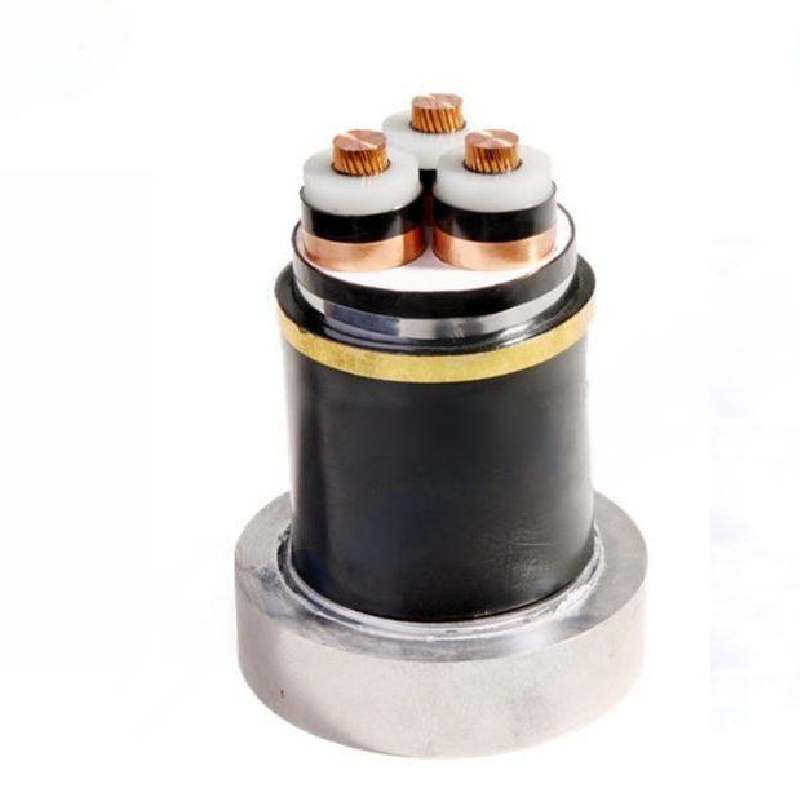დეკ . 01, 2024 07:14 Back to list
Flanged Ball Valve Design and Applications in Pipeline Systems
Understanding Ball Valve Flange Types A Comprehensive Guide
Ball valves are a crucial component in various industrial applications, acting as shut-off valves that control the flow of liquids and gases. Among the numerous types of ball valves, flange type ball valves have gained prominence due to their reliability and ease of installation. In this article, we will explore the features, advantages, and considerations surrounding flange type ball valves, equipping you with the knowledge to make informed decisions for your specific needs.
What is a Flange Type Ball Valve?
A flange type ball valve is designed with flanged ends that facilitate easy connection to pipes or other equipment. The flanges are typically flat, bolted, and fitted with gaskets to form a tight seal, which eliminates the risk of leaks. This design is particularly advantageous in high-pressure applications, where the integrity of the seal is crucial for operational safety and efficiency.
Features of Flange Type Ball Valves
1. Material Construction Flange type ball valves are available in various materials, including stainless steel, carbon steel, plastic, and brass. The choice of material affects the valve's resistance to corrosion, temperature, and pressure, making it essential to select the right one based on the intended application.
2. Pressure Ratings These valves are manufactured to withstand different pressure ranges, typically classified according to standards such as ANSI, API, or ASME. It's important to select a valve with a pressure rating that aligns with your system's requirements.
3. Handle Design The handle of a flange type ball valve can vary significantly. Common designs include lever-operated and gear-operated handles. Lever handles are typically used for effortless manual operation, while gear-driven handles provide more torque for larger valves.
4. Size Options Flange type ball valves come in various sizes, accommodating different piping systems. The sizing is crucial to ensuring effective flow control and is typically measured in inches or millimeters.
5. Sealing Mechanism The sealing mechanism is fundamental in preventing leaks. Most flange type ball valves utilize resilient seats made from materials like PTFE (Teflon) or elastomers to ensure a robust and leak-proof operation.
Advantages of Flange Type Ball Valves
- Easy Installation The flanged design allows for straightforward installation and removal. The bolted connection simplifies maintenance and replacement without the need for special tools.
ball valve flange type

- Higher Flow Capacity Flange type ball valves typically have a larger flow capacity than other types of valves, making them ideal for applications requiring high throughput.
- Durability These valves are designed to withstand harsh operating conditions, including extreme temperatures and pressures, enhancing their longevity.
- Low Pressure Drop When fully open, the ball valve provides a straight-through flow path, minimizing pressure drop across the valve. This characteristic is particularly important in systems where pressure maintenance is critical.
Considerations When Choosing Flange Type Ball Valves
1. Application Requirements Consider the specific requirements of your application, including temperature, pressure, and the chemical composition of the fluid being transported. This information will guide you in selecting the right material and configuration.
2. Standards Compliance Make sure to choose valves that comply with relevant industry standards to ensure safety and reliability. Standards may include API, ANSI, or ISO.
3. Maintenance Needs Assess the valve’s maintenance requirements based on your operational conditions. Regular maintenance can prevent costly downtimes and ensure optimal performance.
4. Cost Factors While it’s tempting to choose the least expensive option, consider the long-term benefits of quality materials and construction. Investing in a reliable valve can save money over time by reducing maintenance and replacement costs.
5. Supplier Reputation Always source flange type ball valves from reputable suppliers who provide warranties and support. Quality assurance is crucial for maintaining operational integrity.
Conclusion
Flange type ball valves are an essential element of many industrial systems, offering robust performance, durability, and ease of use. Understanding their features, advantages, and specific applications can significantly impact the efficiency and safety of your operations. Whether you are designing a new system or seeking replacements, making informed choices about flange type ball valves is vital for achieving optimal performance and reliability. By considering the key factors outlined in this article, you'll be well-equipped to select the ideal ball valve for your needs.
Share
-
Reliable Wafer Type Butterfly Valves for Every IndustryNewsJul.25,2025
-
Reliable Flow Control Begins with the Right Ball Check ValveNewsJul.25,2025
-
Precision Flow Control Starts with Quality ValvesNewsJul.25,2025
-
Industrial Flow Control ReliabilityNewsJul.25,2025
-
Engineered for Efficiency Gate Valves That Power Industrial PerformanceNewsJul.25,2025
-
Empowering Infrastructure Through Quality ManufacturingNewsJul.25,2025